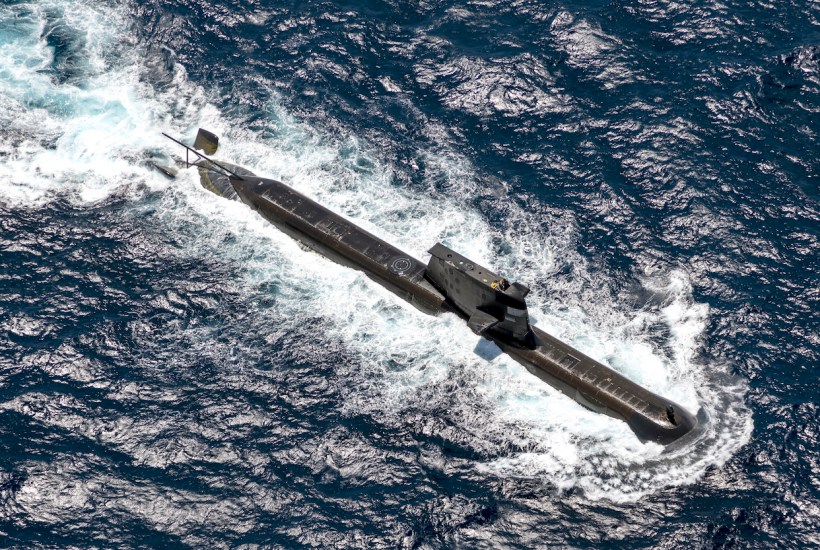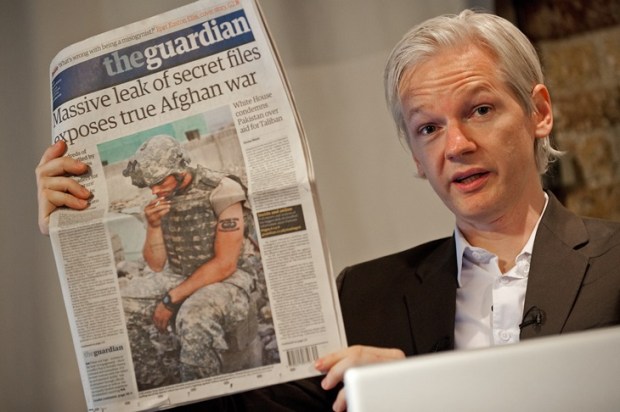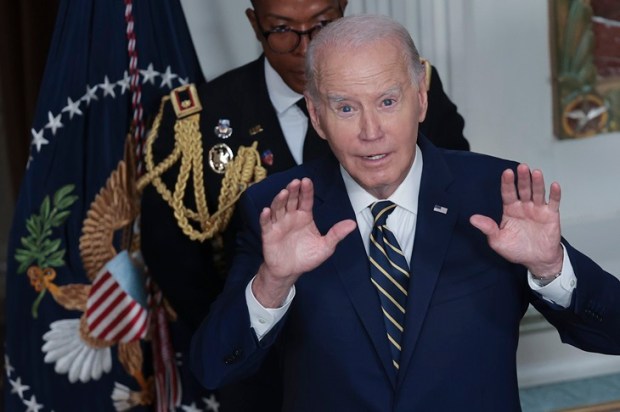Australia’s military strategy seems devoid of leadership – and yet we are going to need some. The outlook isn’t good. After killing off the leaders with a mind virus, we end up with political managers. Managers are great in a public service context where avoiding blame is more important than getting things done, but not much good in the arena described in Roosevelt’s famous speech.
Already a subscriber? Log in
Subscribe for just $2 a week
Try a month of The Spectator Australia absolutely free and without commitment. Not only that but – if you choose to continue – you’ll pay just $2 a week for your first year.
- Unlimited access to spectator.com.au and app
- The weekly edition on the Spectator Australia app
- Spectator podcasts and newsletters
- Full access to spectator.co.uk
Or


























Comments
Don't miss out
Join the conversation with other Spectator Australia readers. Subscribe to leave a comment.
SUBSCRIBEAlready a subscriber? Log in